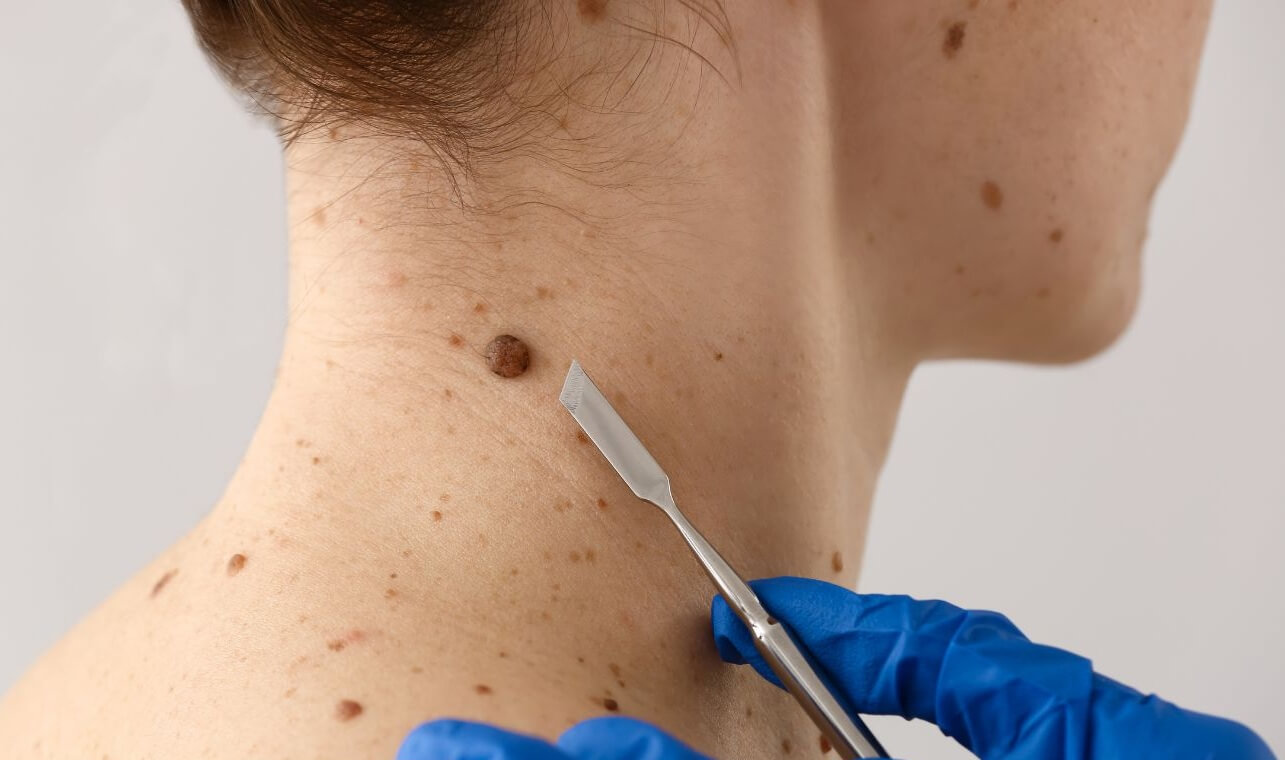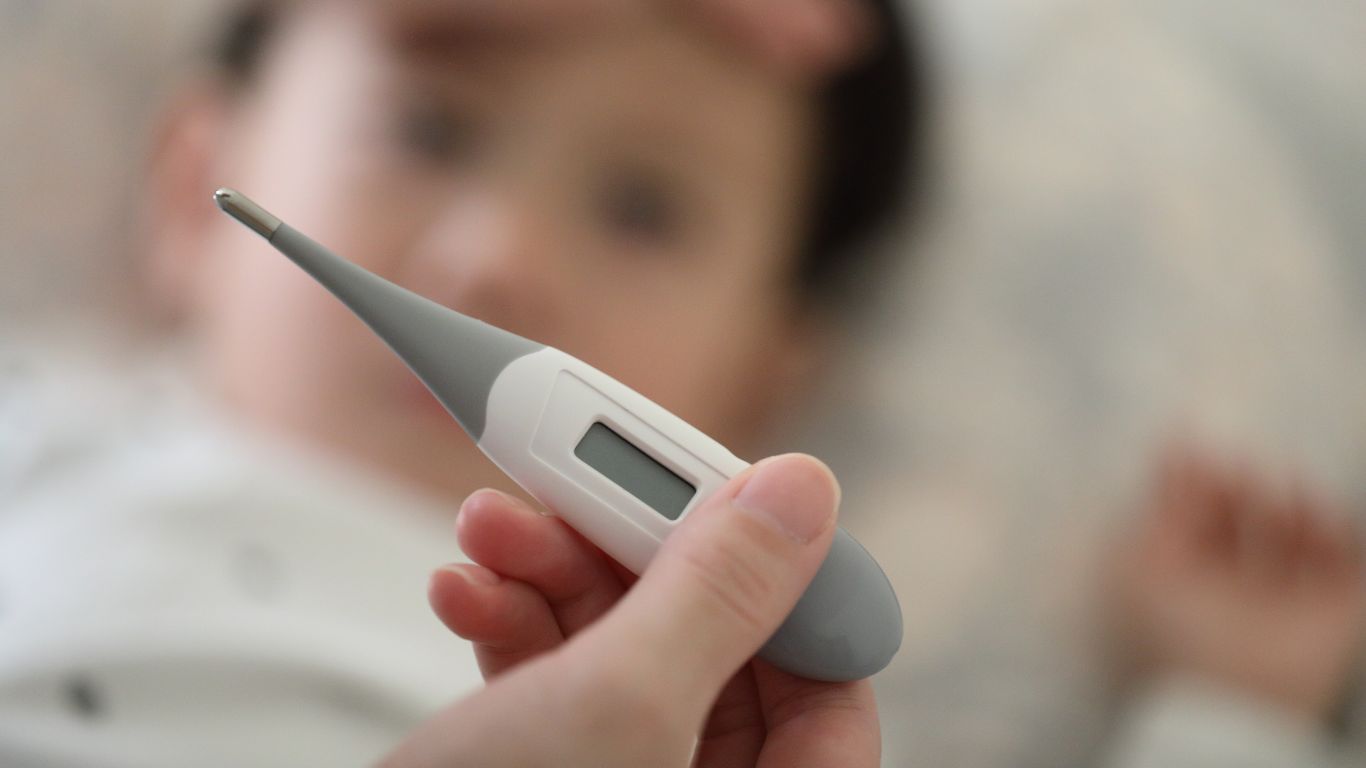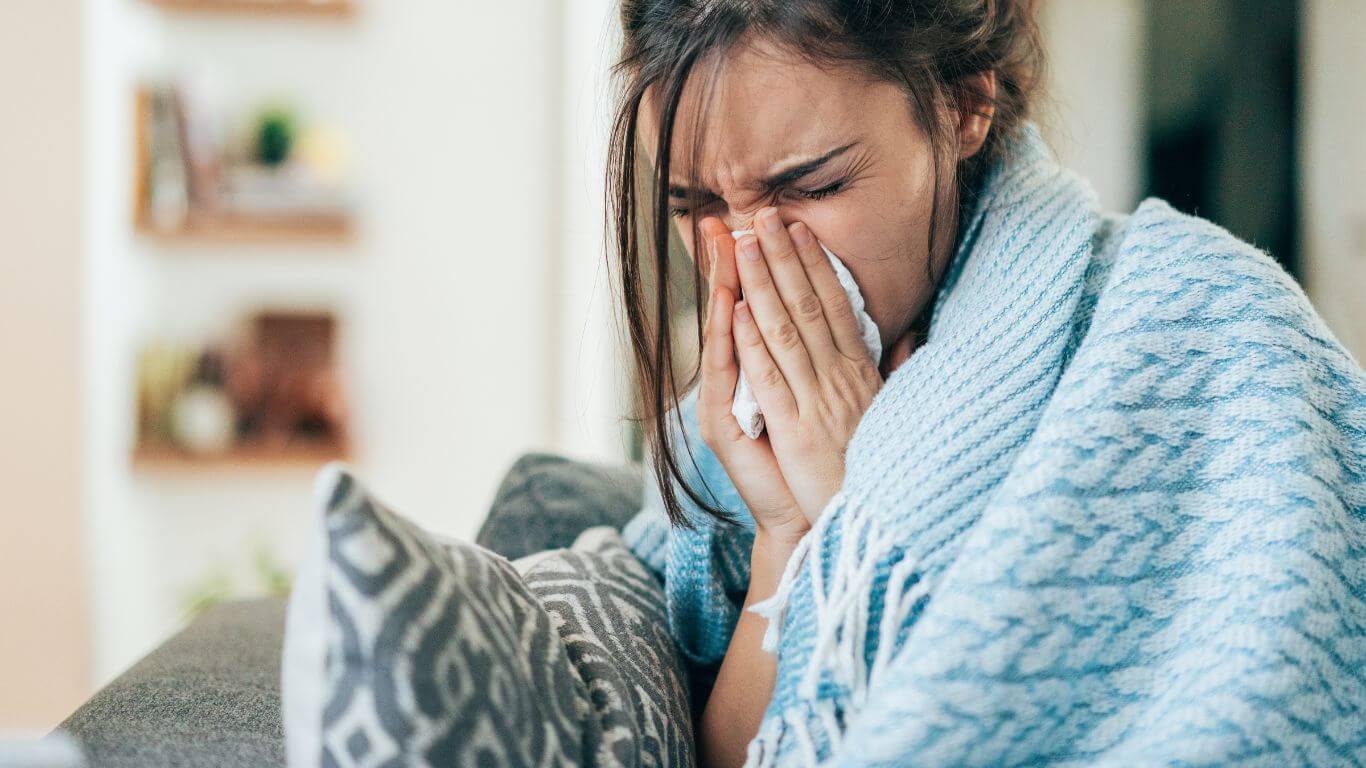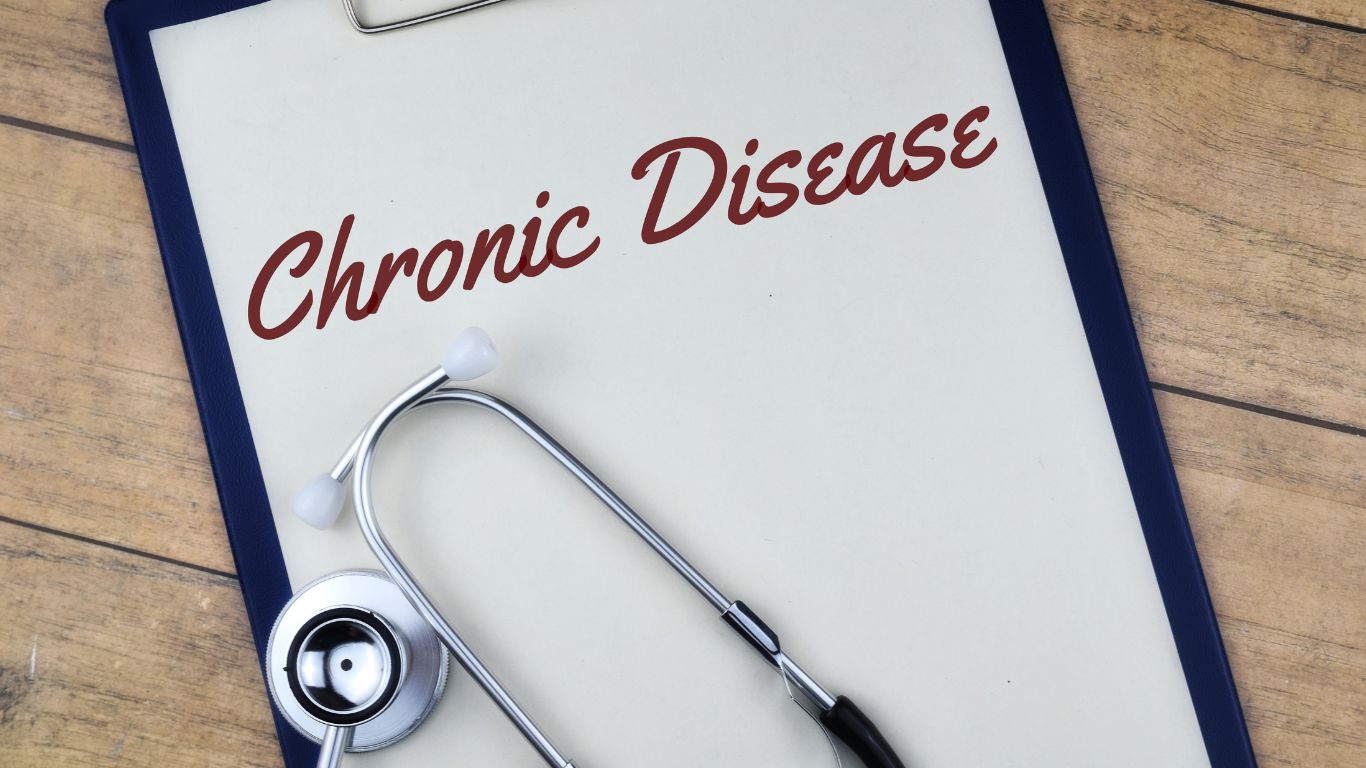Understanding Skin Cancer: The Importance of Regular Skin Checks

Skin cancer is one of the most common cancers in Australia, and with Queensland’s sunny climate, it’s particularly important for residents to prioritise skin health. Skin cancer can develop due to overexposure to UV radiation, which damages the skin’s cells. Scheduling regular skin checks is key to catching abnormalities early and maintaining healthy skin, and Buderim Medical Centre is here to help with thorough examinations and preventative advice.
What Is Skin Cancer?
Skin cancer refers to abnormal growths of skin cells, usually caused by excessive UV radiation. The most common types are basal cell carcinoma (BCC), squamous cell carcinoma (SCC), and melanoma, with melanoma being the most dangerous and aggressive form.
BCC and SCC are more common but are usually less dangerous, while melanoma can spread rapidly if not detected early. The good news is that all forms of skin cancer are treatable when caught early.
Risk Factors for Skin Cancer
While anyone can develop skin cancer, some factors make you more at risk:
- Fair skin: People with lighter skin are more prone to sunburns.
- Family history: If someone in your family has had skin cancer, your risk increases.
- Frequent sun exposure: Queenslanders are exposed to high UV levels year-round, increasing skin cancer risk.
- History of sunburn: Sunburns, especially in childhood, increase your chances of developing skin cancer later in life.
- Age: As you age, the likelihood of developing skin cancer increases due to prolonged sun exposure.
The ABCD of Skin Cancer Checks
When checking your skin for potential signs of skin cancer, follow the ABCD rule to identify concerning moles or spots:
- A – Asymmetry: A mole is considered asymmetrical when one half doesn’t mirror the other. This is a common characteristic of melanoma, a highly aggressive form of skin cancer.
- B – Border: Irregular or jagged borders in a mole can indicate skin cancer. Healthy moles typically have smooth, well-defined edges, while cancerous ones may appear uneven or blurred at the edges.
- C – Colour: Moles that have multiple shades, such as brown, black, red, or even blue, should be checked by a healthcare professional. A uniform colour is generally a sign of a benign mole, while uneven pigmentation can suggest malignancy.
- D – Diameter: Moles that exceed 6mm in diameter (roughly the size of a pencil eraser) are more likely to be concerning. Although not always, larger moles that grow in size or change over time may require further examination.
If any mole changes in size, shape, colour, or texture, it’s essential to consult with a healthcare provider. Early detection of skin cancer can greatly improve the effectiveness of treatment.
The Importance of Regular Skin Checks
Scheduling regular skin checks is key to catching abnormalities early and maintaining healthy skin. At Buderim Medical Centre, our experienced doctors conduct thorough skin cancer checks, which include examining your skin for abnormal moles or growths. We can then recommend the best course of action, whether that’s monitoring the spot or taking further steps like biopsy or removal.
It’s recommended that you have a skin check every year, or more often if you have a history of sunburns or skin cancer in your family.
Common Questions About Skin Cancer and Skin Checks
Does skin cancer itch?
Yes, in some cases, skin cancer can cause itching. However, not all skin cancers will itch. If you notice any changes in your skin, such as itching, bleeding, or growth, it’s best to have it checked by a GP.
What do skin cancer spots look like?
Skin cancer spots can vary, but common signs include:
- New moles or spots that appear suddenly
- Changes in existing moles, such as size, shape, or colour
- Irregular borders, especially for melanomas
- Bleeding or crusting spots
Can you get skin cancer from tanning?
Yes, tanning, especially through artificial sources like tanning beds, increases the risk of developing skin cancer. UV radiation from both natural sunlight and artificial sources damages the skin’s DNA, which can lead to cancerous changes over time.
What should I do if I have a suspicious mole or spot?
If you notice any suspicious spots or changes in your skin, schedule a skin cancer check as soon as possible. Our GPs can assess the mole and determine if further tests are necessary.
Can skin cancer be prevented?
While you can’t always prevent skin cancer, you can reduce your risk by:
- Avoiding excessive sun exposure, especially between 10 am and 4 pm
- Wearing protective clothing and sunscreen with at least SPF 30
- Seeking shade and wearing hats or sunglasses to protect your face
How long does a skin check take?
A full-body skin check usually takes between 15-30 minutes, depending on the number of areas to be examined. This quick and painless check-up can help detect skin cancer early, improving treatment outcomes.
Should I perform self-checks at home?
Yes, we recommend performing monthly self-checks. This allows you to monitor any changes in your skin and bring any concerns to your GP during your check-up. Keep an eye out for new spots or changes in existing ones.
Why Choose Buderim Medical Centre for Your Skin Cancer Check?
Our clinic is committed to providing comprehensive, preventative care. Our experienced GP doctors for Skin Checks are skilled in detecting early signs of skin cancer and providing the necessary follow-up care. This quick and non-invasive procedure can help detect skin cancer early, improving treatment outcomes.
If you’re due for a skin check or have concerns about a spot on your skin, book an appointment with us today. We’ll guide you through the process and ensure your skin health is a top priority.
FAQs About Skin Cancer
How often should I get a skin cancer check?
We recommend getting a skin check once a year, especially if you are at higher risk, such as having fair skin, a history of sunburns, or a family history of skin cancer.
Can skin cancer be treated?
Yes, skin cancer is highly treatable when detected early. Treatment options vary depending on the type and stage of the cancer, but they typically involve removal of the affected skin.
Is skin cancer painful?
Skin cancer is usually not painful in its early stages. However, if left untreated, it can cause bleeding, itching, or discomfort as it progresses.
How can I reduce my risk of skin cancer?
To reduce your risk, practice sun safety by wearing sunscreen, seeking shade, and wearing protective clothing. Scheduling regular skin checks is key to catching abnormalities early and maintaining healthy skin.
Are skin cancer checks covered by Medicare?
Medicare may cover part of the cost of a skin check depending on your GP and eligibility. For more information, please refer to our fees page or contact our reception.





